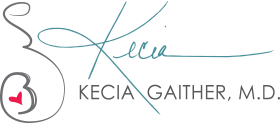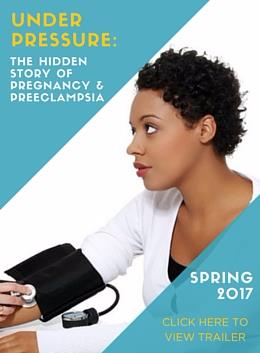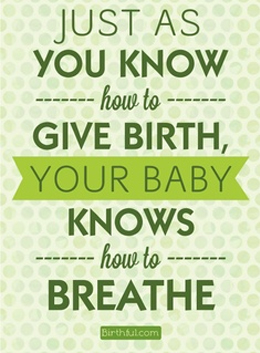HEALTH, BY MELISSA MATTHEWS, 10/16/17
Kim Kardashian, among other celebrity moms, have made eating placenta post-childbirth seem as normal as taking prenatal vitamins, causing the medical community to issue warnings about the act.
Advocates believe the placenta is rich in iron and hormones, making it a good source of nutrients to help mothers recover from childbirth. New mothers wanting to eat the afterbirth remains often have them dried and ground up into pills that can be swallowed just like any other supplement. Some believe it boosts mood and prevents postpartum depression.
But doctors say these claims just don’t have any merit. A new paper reviewing the evidence so far, published in the American Journal of Obstetrics and Gynecology, concludes that placentophagy, as the practice is known, has no scientifically backed benefits and can actually be harmful.
According to the report, only one scientifically sound study (meaning it was randomized, double-blind and controlled for placebo) has been performed on placenta consumption and that investigation looked at just 14 women. Researchers found that placenta pills contributed only about 24 percent of a lactating mother’s daily iron needs. As the paper author highlights, the support for the practice is mostly anecdotal, and creating a good study would be difficult, especially as participants are likely be biased and less inclined to report negative side effects.
“Medically speaking, the placenta is a waste product,” gynecologist and paper author Alex Farr of the Medical University of Vienna, said in a statement. He did acknowledge that many mammals do this in the wild, but explains the behavior is not common practice in any human culture. In fact, he likens the act to cannibalism, asserting the placenta is actually a part of the newborn.
In addition to the paucity of research supporting the practice, there’s another reason you should think twice before making placenta pills: It can be dangerous. Obstetrician-gynecologist Kecia Gaither, director of perinatal services at Lincoln Medical and Mental Health Center in Bronx, New York, says that contamination is a very real concern. “The most dangerous thing that can happen is the mother potentially may develop a systemic infection from consuming a placenta that is contaminated or infected,” Gaither told Newsweek by email.
In June, the Centers for Disease Control and Prevention warned mothers about the dangers of ingesting pills that haven’t been safely encapsulated. Their documents revealed that an infant in Oregon became sick from an infection passed through her mother’s breast milk. Testing traced the child’s illness back to bacteria found in the placenta pills. There are no guidelines for processing the substance, which raises additional concerns.
Gaither particularly advises against mothers with infections, like HIV or herpes. The safest bet may be to avoid this dubious ritual and talk to your doctor about postpartum nutrition and scientifically sound treatments for postpartum depression.






